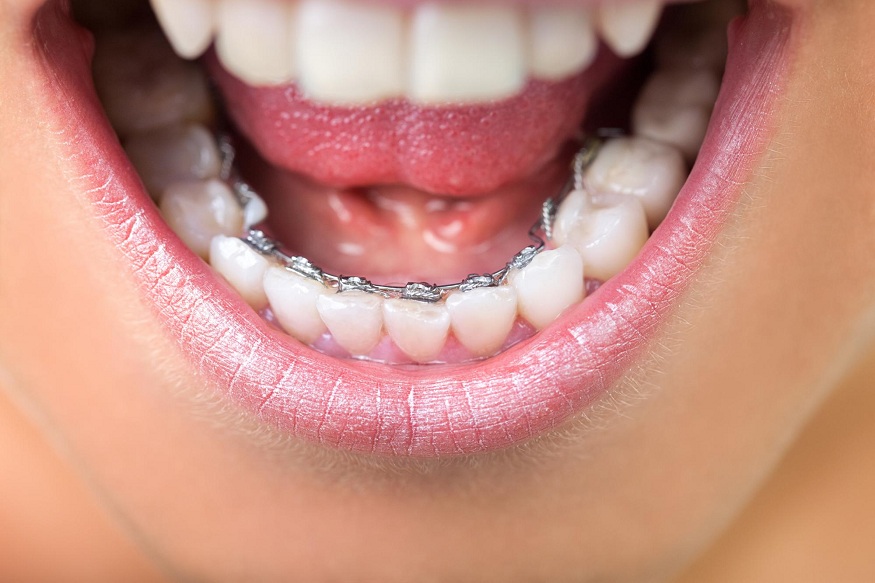People’s perceptions about dental implants center on cultural beliefs and these can dictate their choice of dental implant especially if seeking implant dentistry Lawrenceville. Somewhere in many societies, aesthetics are given priority and people desire a beautiful smile which leads them to seek dental implantation.
For example, in cultures that have placed a very high premium on physical looks – much common in the Western world, any group of people will feel they need dental implants to be more attractive and thus be confident.
On the other hand, the cultural beliefs of a society may consider certain non-surgical or implantation treatments as absolutely unnecessary due to a preference for natural dental care procedures that are more in sync with their existing cultural beliefs about the percentage of traditional/restorative options. These cultural variations to a certain extent bring into focus the enormous cultural, religious, and philosophical factors that determine people’s dental decisions.
How do Social Norms Influence or Do Not Influence the Acceptance of Dental Implants?
Culture is one major factor influencing dental implant acceptance in different societies and cultures. A number of people associate their dental health with their social status, thus a person with implant braces has to be wealthy and healthy.
Therefore, people in these cultures may develop the pressure to opt for implantation so as to fit into expected cultural norms. On the other hand, when people have very little use of dentists in society for different reasons, they may not find the need to install implants because even natural teeth will suffice their needs.
Effect of family and community influences in decisions related to dental implants.
Educational attainment and local culture and traditions also play a major role in determining whether people should have dental implants or not. Family opinion plays an important role in many cultures, especially in personal progressed health care choices. People might discuss it with their relatives before those decisions or need their approval if such procedures are considered costly.
Organizational support can also occur; if a certain culture is maintained whereby everybody in a community approves dental implants more than other options, then more people will be encouraged to do it. This can put in place a family and communal system that encourages consideration of dental solutions, for instance, implants thus increasing the acceptance of the solutions.
What do these people consider to be the benefits of dental implants in their culture?
Cross-culturally, the perceived benefits of using dental implants may differ. To everyone, the main advantages are cosmetic enhancement and better eating and speaking abilities, thus enabling all people who wish to be free from discomfort. In a self-promoting culture motivation is an important factor in increased confidence when presenting self-image.
Furthermore, other cultures understand dental implants as an ongoing investment in using the highest quality materials and possibilities to improve quality of life. Such a view supports the idea of getting a good return on claiming individual dental health and responsibilities as a significant contributor towards enhancing public health.
Conclusion
Familiarity with cultural attitudes towards the implantation of dentures is crucial to dentistry workers and the policymakers who face the shifts in the dental field nowadays. Outreach activities and education programs can benefit from identifying and understanding the range of attitudes, social norms, educational achievement, family history, and perceived benefits such service users may have.
With the increasing globalization continues, this may lead to changes in methods and viewpoints regarding dental implants to increase understanding and integration of dental cultures. Incorporating these cultural aspects can also result in better operational dental health approaches as people from different cultures are allowed to make wiser decisions on their dental health.





